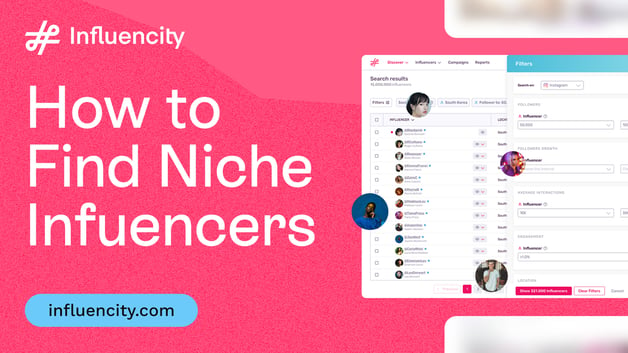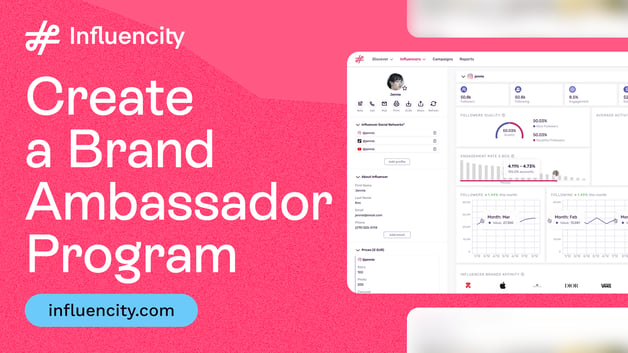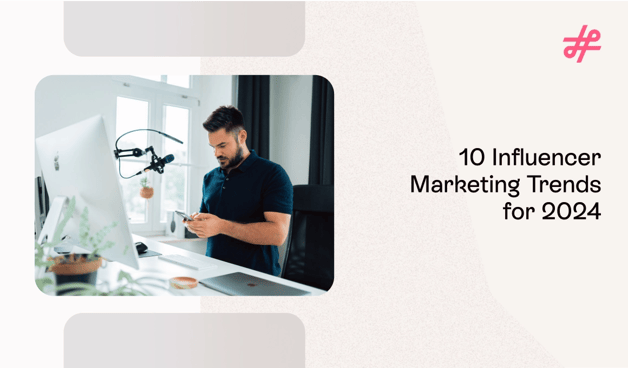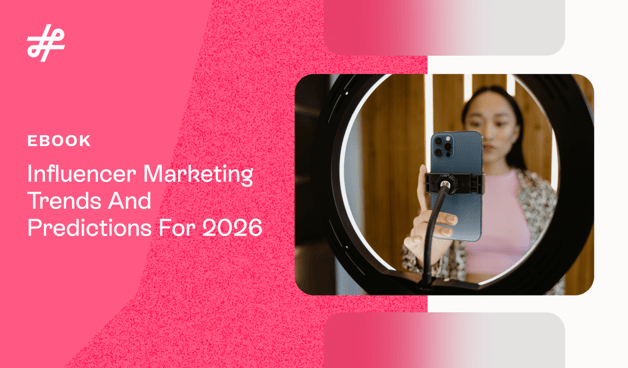Best E-Commerce Marketing Strategies + Real-Life Examples
The best e-commerce marketing strategies are those that combine data-driven insights with creativity, targeting the right audience with personalized messages and compelling content. However, it’s equally important to stay up to date with emerging trends so that businesses can adapt their strategies accordingly. This includes staying informed about new technologies, consumer behavior shifts, and industry developments.
So, which marketing strategies are best for e-commerce brands? How can brands stay ahead of the game in an ever-changing landscape?
This post will explore the best e-commerce marketing strategies for driving traffic and engagement, boosting conversions, and ultimately, maximizing sales. We will share insights into some of the most popular strategies right now and include real-life examples to highlight how each approach can help you achieve your desired results.
Which Marketing Strategies Work Best for E-Commerce Brands?
If you own an e-commerce business, then you are likely already aware that marketing your brand requires a unique approach that cuts through the digital noise and captures the attention of online shoppers. Unlike brick-and-mortar stores, online businesses target a global audience with diverse preferences and shopping habits. This landscape offers vast opportunities, but it also poses challenges in terms of visibility, competition, and building trust with customers who cannot physically interact with your products. As a result, it’s essential to understand which e-commerce marketing strategies will work best for your target market.
Although the best e-commerce marketing strategies will change somewhat in line with evolving trends and consumer preferences, generally speaking, the most effective are those that leverage the power and reach of social influencers to encourage user participation and the sharing of authentic content. This includes takeovers, product promotions, affiliate partnerships, user-generated content, and brand ambassador programs.
With this in mind, let’s explore some of the most effective influencer marketing strategies for e-commerce brands in a bit more detail to help you understand how each strategy works and how incorporating influencers in your e-commerce marketing strategy can greatly enhance your marketing efforts.
Influencer Takeovers: Glossier
An influencer takeover is where an influencer temporarily assumes control of a brand's social media accounts to create and share content on their behalf. During the takeover, the influencer creates various forms of content such as posts, stories, live videos, or behind-the-scenes glimpses, showcasing the brand in an authentic and compelling way. This strategy allows the brand to tap into the influencer's expertise and connection with their followers, generating excitement, driving traffic, and ultimately increasing conversions and brand awareness.
Glossier has expertly launched a range of influencer marketing campaigns, including takeovers. In fact, before Glossier’s owner Emily Weiss launched the cosmetics e-commerce brand in 2015, she made a name for herself as an established blogger and influencer, so she knows first-hand how these types of influencer campaigns work, especially those that rely on UGC. In fact, Glossier's influencer takeover campaign helped the e-commerce brand quickly reach a large audience and generate buzz around its products.
During the campaign, Glossier partnered with a select group of influencers who were given free reign to create content about Glossier products and share it through the brand’s social media pages. These influencers promoted their honest opinions and experiences with the products, which helped to build trust and credibility with their followers. The campaign was a huge success, with over 1 million people engaging with the content.
Product Promotions: Inkey
Product promotions are collaborations where influencers promote specific branded products or services to their audience. With this strategy, influencers create content highlighting the features, benefits, and value of a product, encouraging their followers to make a purchase. With the right influencer promoting your e-commerce product, this strategy can help you tap into an established audience, build trust through authentic recommendations, and generate buzz and excitement around your product or service.
Inkey, a primarily e-commerce skincare brand, has built a page to attract influencer affiliates as part of its product promotions strategy. Through this page, influencers are given access to creative assets including high-quality images, videos, and product descriptions that they can use to create content about Inkey products. Influencers are then offered competitive commission rates to promote these products to their followers. As a result of this product promotion strategy, Inkey has built relationships with influencers, increased brand awareness, gained valuable insights into its target audience and, most importantly, generated a wealth of sales.
Affiliate Partnerships: Amazon and Gear Patrol
Affiliate partnerships are a type of marketing relationship where a company or influencer (the affiliate) promotes a branded product or service in exchange for a commission on generated sales. Affiliate partnerships can be a great way to reach new customers, increase brand awareness, and boost sales.
A great example of a successful affiliate partnership is Amazon and Gear Patrol. Gear Patrol is a website and media company that specializes in gear reviews and recommendations. Amazon has an affiliate program that allows Gear Patrol to promote Amazon products on its website. When a Gear Patrol reader clicks on an Amazon affiliate link and makes a purchase, Gear Patrol earns a commission.
This partnership has been very successful for both Amazon and Gear Patrol. Amazon has seen a significant increase in sales from Gear Patrol's website, and Gear Patrol has been able to generate revenue from the brand’s affiliate program.
User-Generated Content: Asos
User-generated content (UGC) refers to any form of content created and shared by users or customers of a brand. This can include reviews, testimonials, social media posts, photos, videos, and more. The benefits of user-generated content include building trust and authenticity, increasing engagement, expanding brand reach, and fostering a sense of community and loyalty among customers.
This e-commerce marketing strategy has been effectively implemented by the fashion eCommerce brand ASOS. As part of the strategy, ASOS launched a number of "unboxing" videos with renowned fashion influencer Gemma Talbot. In these videos, Gemma showcased her excitement as she opened ASOS packages, revealing the latest fashion finds. The user-generated content created through these collaborations helped to exhibit ASOS’s products and spark curiosity and desire among the brand’s target audience. As a result, ASOS enhanced its brand visibility, drove sales, and solidified its position as a leader in the fashion eCommerce industry.
Brand Ambassador Programs: Sephora
Brand ambassador programs are structured initiatives where individuals, known as brand ambassadors, are enlisted to represent and promote a brand. These ambassadors are typically passionate about the brand and its values and act as influential advocates within their networks. They actively engage with the brand's target audience, sharing their positive experiences, and creating authentic content to drive awareness, generate leads, and foster brand loyalty.
The marketing team at Sephora understood this strategy perfectly and used it to promote the eCommerce branch of its brand through the Sephora Squad, a brand ambassador program launched in 2019. The program recruits and trains beauty enthusiasts to promote Sephora's products and services on social media. Sephora Squad members receive free products, discounts, and other perks in exchange for creating content that features Sephora products and encourages their followers to make a purchase through the brand’s e-commerce site.
The Sephora Squad program has been very successful, with over 1,500 members who have generated over 1 billion impressions on social media. The program has also helped to increase Sephora's e-commerce sales, demonstrating how this approach has the potential to be one of the best e-commerce marketing strategies for boosting brand awareness and recognition.
Tags:





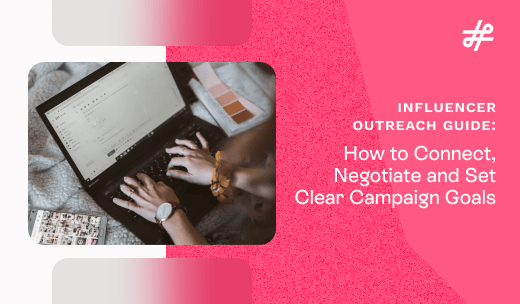
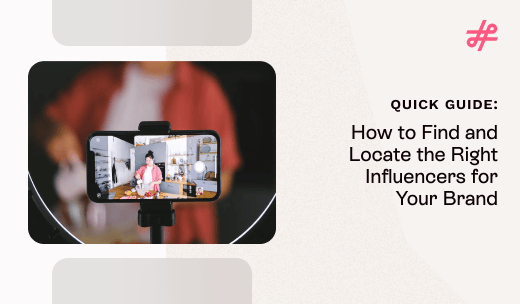


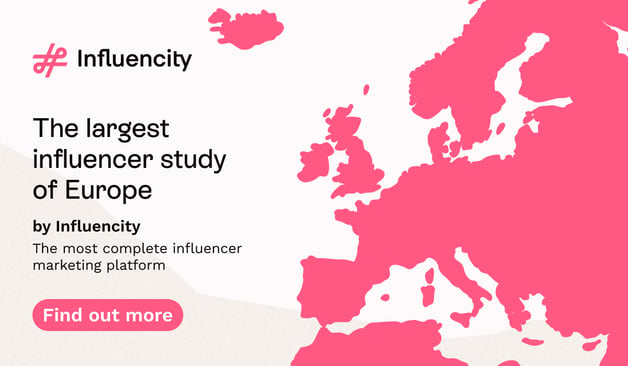

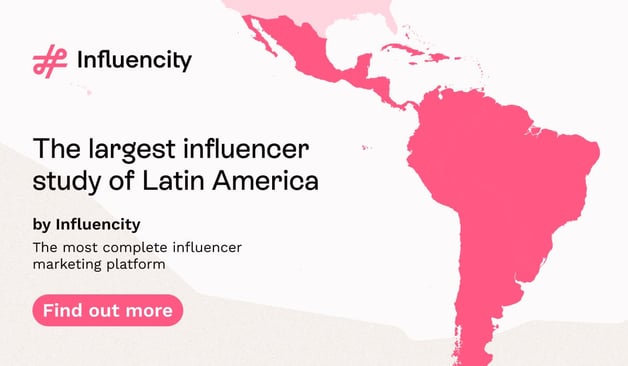


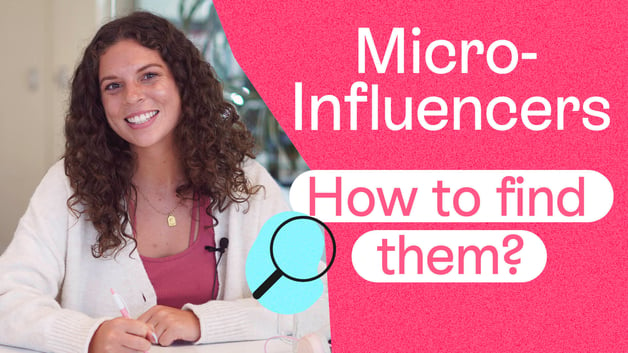


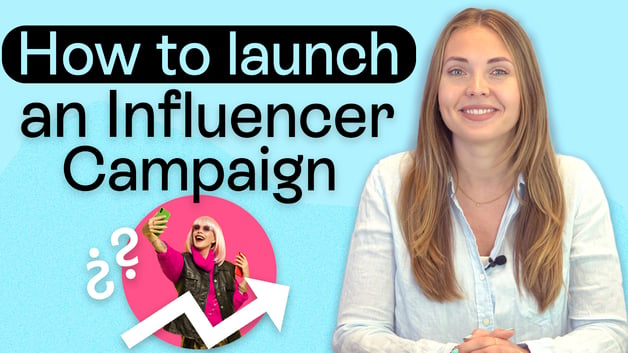

%20and%20How%20Can%20They%20Benefit%20Your%20Brand%20article.jpg?length=628&name=What%20Are%20Key%20Opinion%20Leaders%20(KOL)%20and%20How%20Can%20They%20Benefit%20Your%20Brand%20article.jpg)
